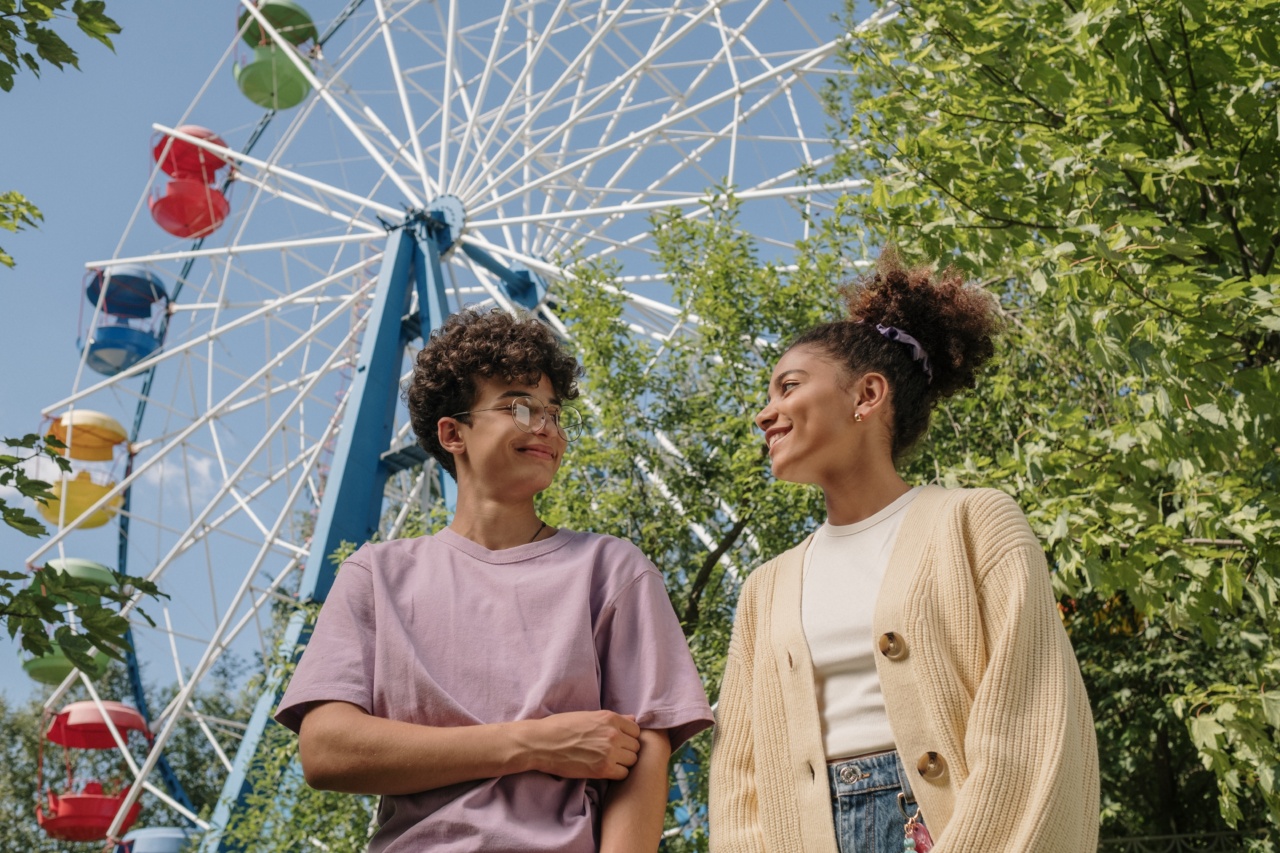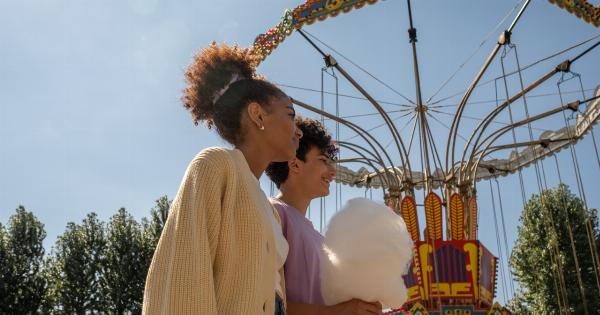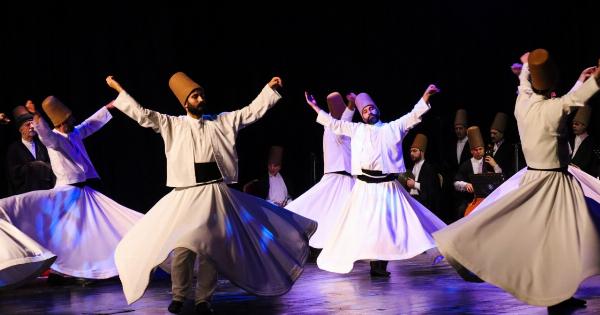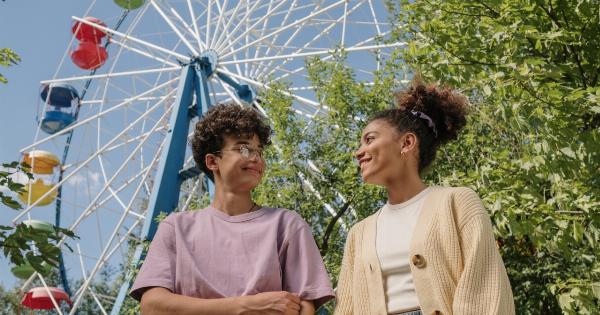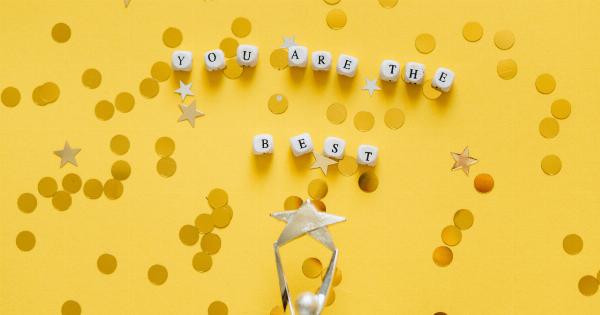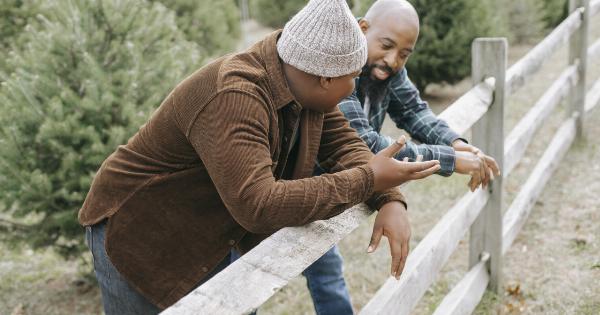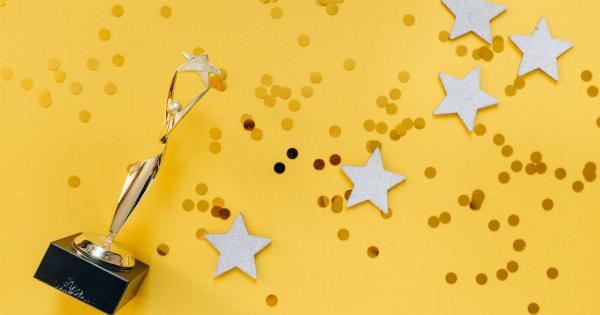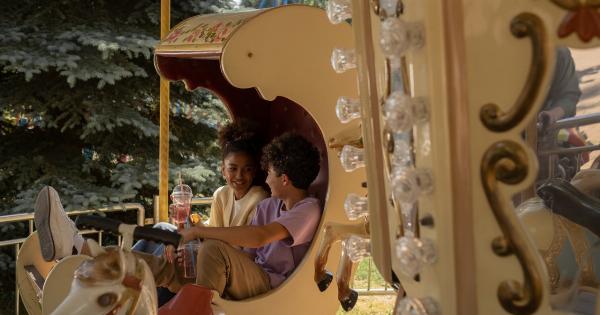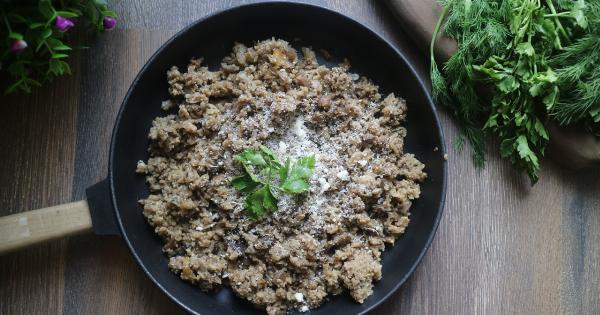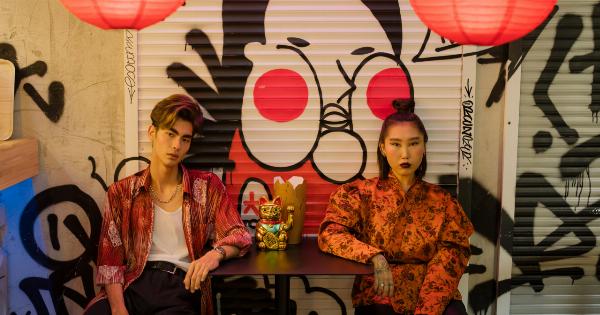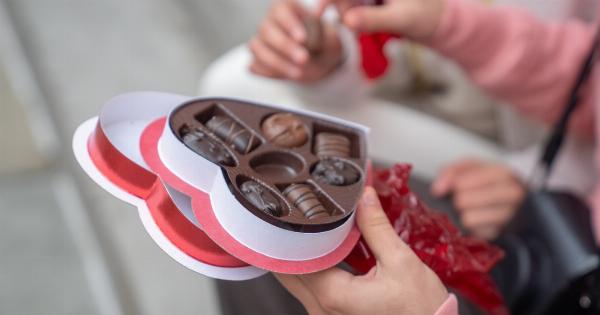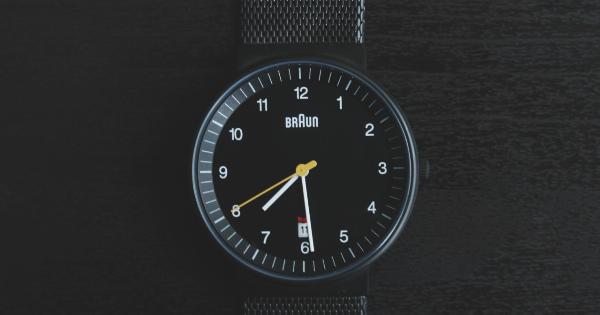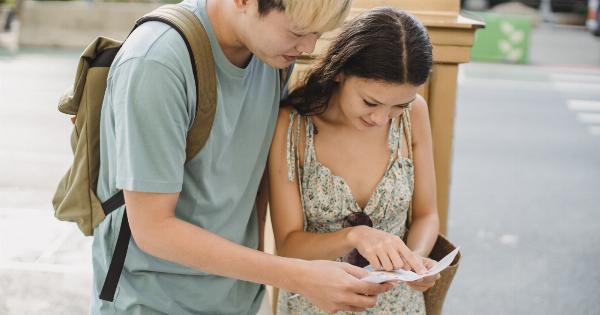First dates can be exciting yet nerve-wracking experiences.
When planning a first date, one common question that often arises is: How long should it last? The ideal duration for a first date can vary depending on several factors, including personal preferences, the activities planned, and the level of connection between the individuals involved. In this article, we will explore various perspectives on the ideal duration for a first date and provide some insights to help you navigate this aspect of dating.
1. Importance of Establishing a Connection
A crucial aspect of any first date is establishing a connection between the individuals involved. While some people may instantly click and feel a strong connection, others may need more time to get to know each other.
The duration of the first date should allow enough time to build a rapport and determine whether there is potential for a second date.
2. The Power of a Brief Encounter
It’s important to remember that a first date doesn’t necessarily need to be an all-day affair. In fact, many successful first dates are relatively short but impactful.
A brief encounter, such as grabbing a coffee or enjoying a quick walk in the park, can provide an opportunity to assess compatibility and interest without overwhelming either party. These shorter encounters are often preferred by individuals who value efficiency and prefer to create a sense of intrigue.
3. Dinner and Beyond
For those who prefer a more traditional approach, a dinner date may be the go-to option. A dinner date typically allows for more time to engage in deep conversations and get to know each other on a more personal level.
However, it’s essential to strike a balance. While a three-hour dinner date can be enjoyable for some, it may become overwhelming for others. Consider the energy levels, compatibility, and overall comfort level between you and your date before committing to a prolonged dinner date.
4. Engaging Activities and Extended Dates
Engaging in activities together can be an excellent way to bond and determine compatibility. From visiting an art gallery to going on a hike, engaging activities provide opportunities for conversation and shared experiences.
If you plan to incorporate activities into your first date, ensure that the duration allows enough time to enjoy the activity fully. However, be mindful of not making the date too long, as exhaustion or lack of interest can start to seep in.
5. Flexibility and Open-Ended Dates
Some individuals prefer to let the first date unfold naturally without time constraints. These open-ended dates allow for flexibility and can extend for hours if the chemistry and connection are strong.
Open-ended dates are particularly suitable when both individuals are enjoying each other’s company and are eager to continue exploring the connection.
6. Gauge Interest Levels
During a first date, it’s essential to gauge each other’s interest levels and comfort. If one party seems disinterested or uncomfortable, it may be a sign to wrap up the date sooner.
Pay attention to non-verbal cues and verbal conversations to assess whether both individuals are enjoying the date and wish to extend it or bring it to a close.
7. Setting Clear Expectations
Before the first date, it’s valuable to set clear expectations regarding the duration of the date. Discussing time constraints or expectations can help avoid potential misunderstandings or disappointment.
If one person needs to leave by a specific time, it is crucial to communicate this in advance to plan the date accordingly.
8. Trust Your Instincts
Ultimately, the ideal duration for a first date is subjective and dependent on the unique dynamics and chemistry between the individuals involved. Trust your instincts and be attentive to your feelings during the date.
If you sense a strong connection, you may choose to extend the date, whereas if any discomfort or disinterest arises, it might be better to wrap it up sooner.
9. Quality over Quantity
Remember, the focus of a first date should be on the quality of the interaction rather than the quantity of time spent together.
It’s better to have a meaningful and enjoyable two-hour date than to drag it out for several hours if the connection isn’t there. Prioritize creating a genuine connection rather than worrying about the duration alone.
10. A Second Date as a Measure
The true measure of a successful first date is whether both parties are eager to meet again. Regardless of the duration, if a first date sparks excitement and a desire for a second, it can be considered a success.
Look for signals that indicate mutual interest and use that as a guide to determine how long the first date should ideally last.
In conclusion, there isn’t a one-size-fits-all answer to what the ideal duration for a first date should be.
It depends on various factors, including personal preferences, the activities planned, and the level of connection between the individuals involved. The most important thing is to focus on establishing a genuine connection and enjoying each other’s company. Trust your instincts, communicate openly, and let the first date serve as a stepping stone towards a potential second date and beyond.
